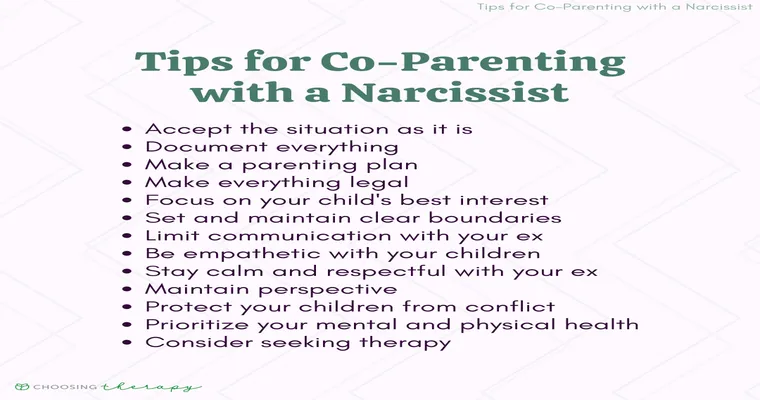Caring for "narcissistic parents" can be a challenging and emotionally taxing experience. Understanding their "narcissistic traits" and behavior patterns is essential for maintaining your well-being while navigating this complex relationship. This guide aims to provide insights and strategies for those who find themselves in the difficult position of supporting a parent with narcissistic tendencies.
Understanding Narcissism
Narcissism is characterized by a grandiose sense of self-importance, a lack of empathy, and a constant need for admiration. These traits can manifest in various ways, making interactions with "narcissistic individuals" particularly difficult. It is crucial to recognize that their behavior often stems from deep-seated insecurities and unresolved issues from their past.
Setting Boundaries
One of the most effective strategies for caring for narcissistic parents is to establish clear boundaries. Boundaries help protect your emotional health and prevent manipulation. Here are some tips for setting boundaries:
1. "Communicate Clearly": Be direct about what behaviors you find unacceptable.
2. "Be Consistent": Stick to your boundaries to reinforce them.
3. "Limit Engagement": Reduce the frequency and duration of interactions if necessary.
Practicing Self-Care
Caring for a narcissistic parent can lead to emotional exhaustion. It is essential to prioritize your own well-being through self-care practices. Consider the following:
"Seek Support": Talk to friends, family, or a therapist about your feelings and experiences.
"Engage in Hobbies": Spend time on activities that bring you joy and relaxation.
"Establish a Routine": Create a daily schedule that includes time for self-reflection and relaxation.
Managing Expectations
Understanding that your narcissistic parent may never change can help you manage your expectations. Accept that their behavior is unlikely to align with your needs or desires. Instead of seeking validation or approval from them, focus on building your self-esteem and finding affirmation in other relationships.
Developing Empathy
While it is essential to protect your emotional health, developing empathy for your narcissistic parent can help you navigate difficult interactions. Recognizing that their behavior often stems from pain and insecurity can foster compassion. This understanding may not change their actions, but it can help you respond to them with patience rather than frustration.
Seeking Professional Help
If the emotional toll of caring for a narcissistic parent becomes overwhelming, consider seeking help from a mental health professional. Therapy can provide you with coping strategies and a safe space to explore your feelings. A therapist can also help you process the complexities of your relationship and develop a plan for moving forward.
Conclusion
Caring for narcissistic parents is undoubtedly a difficult journey, but with the right tools and mindset, it can be manageable. By setting boundaries, practicing self-care, managing expectations, developing empathy, and seeking professional help when needed, you can navigate this challenging relationship more effectively. Remember, your well-being is paramount, and it is essential to prioritize yourself as you care for your narcissistic parent.





